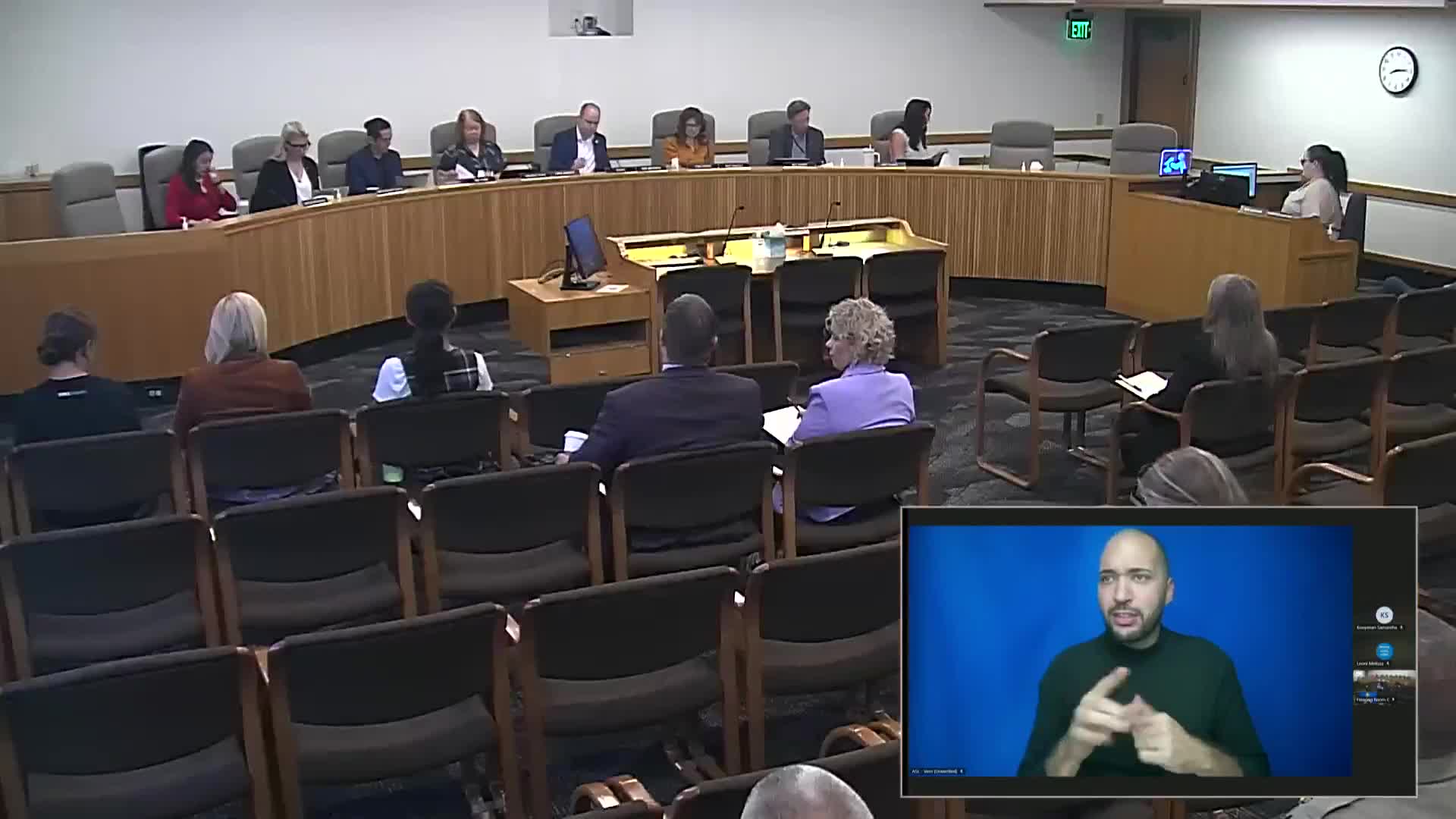Article not found
This article is no longer available. But don't worry—we've gathered other articles that discuss the same topic.
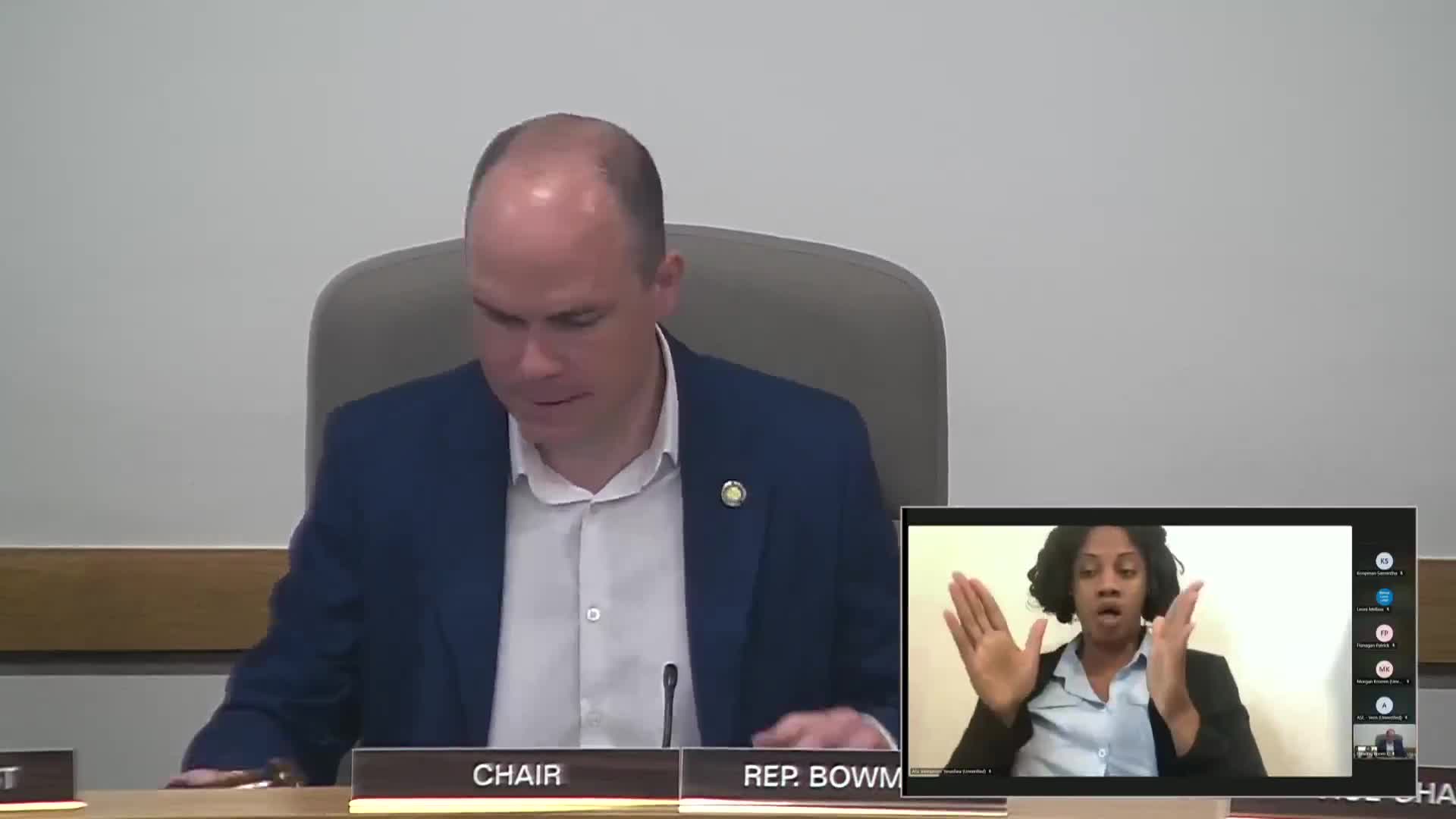
Committee commends Legislative Commission on Indian Services on its 50th anniversary
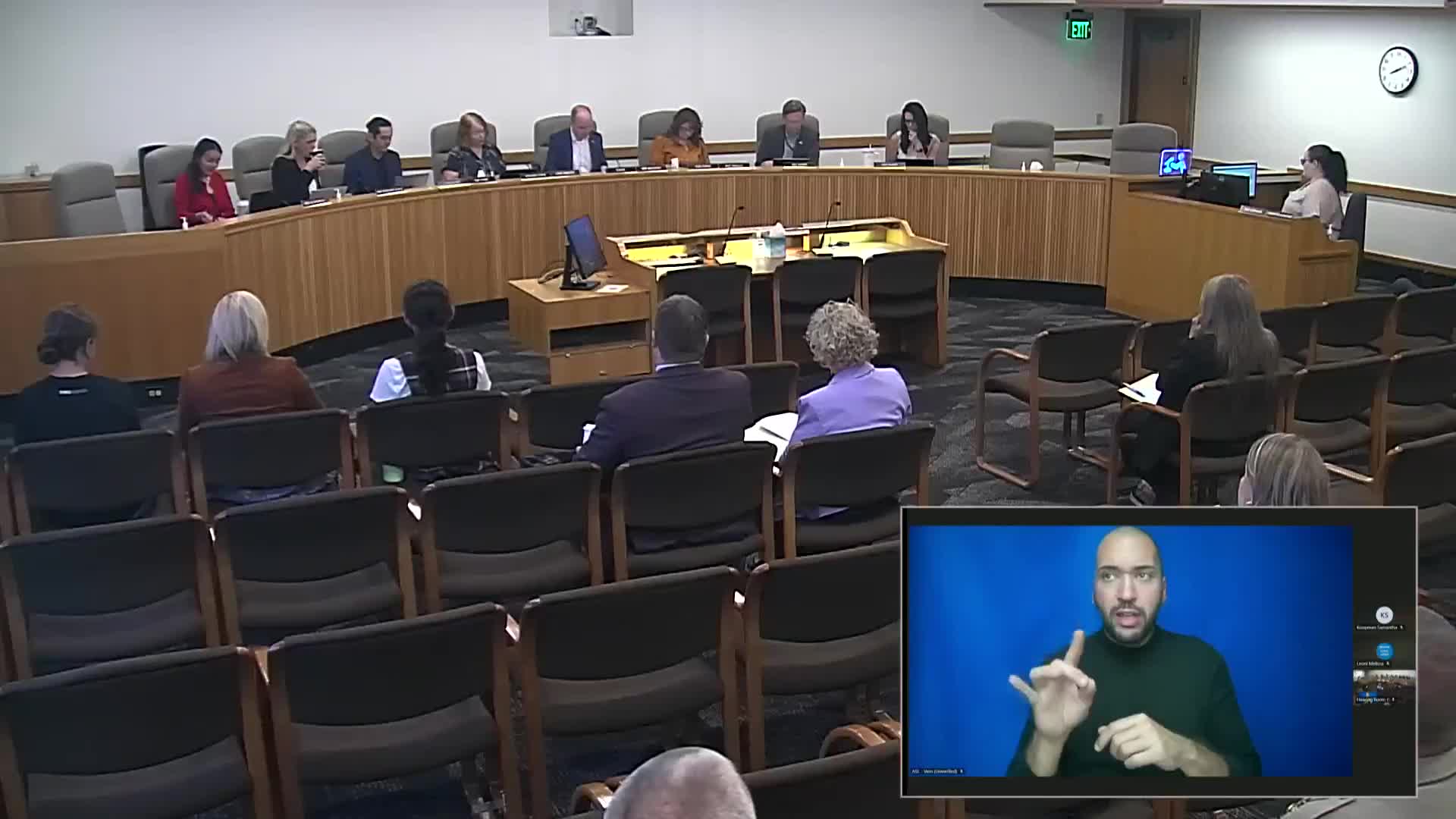
Committee advances bill to create online Oregon rulemaking information system with adjusted effective date
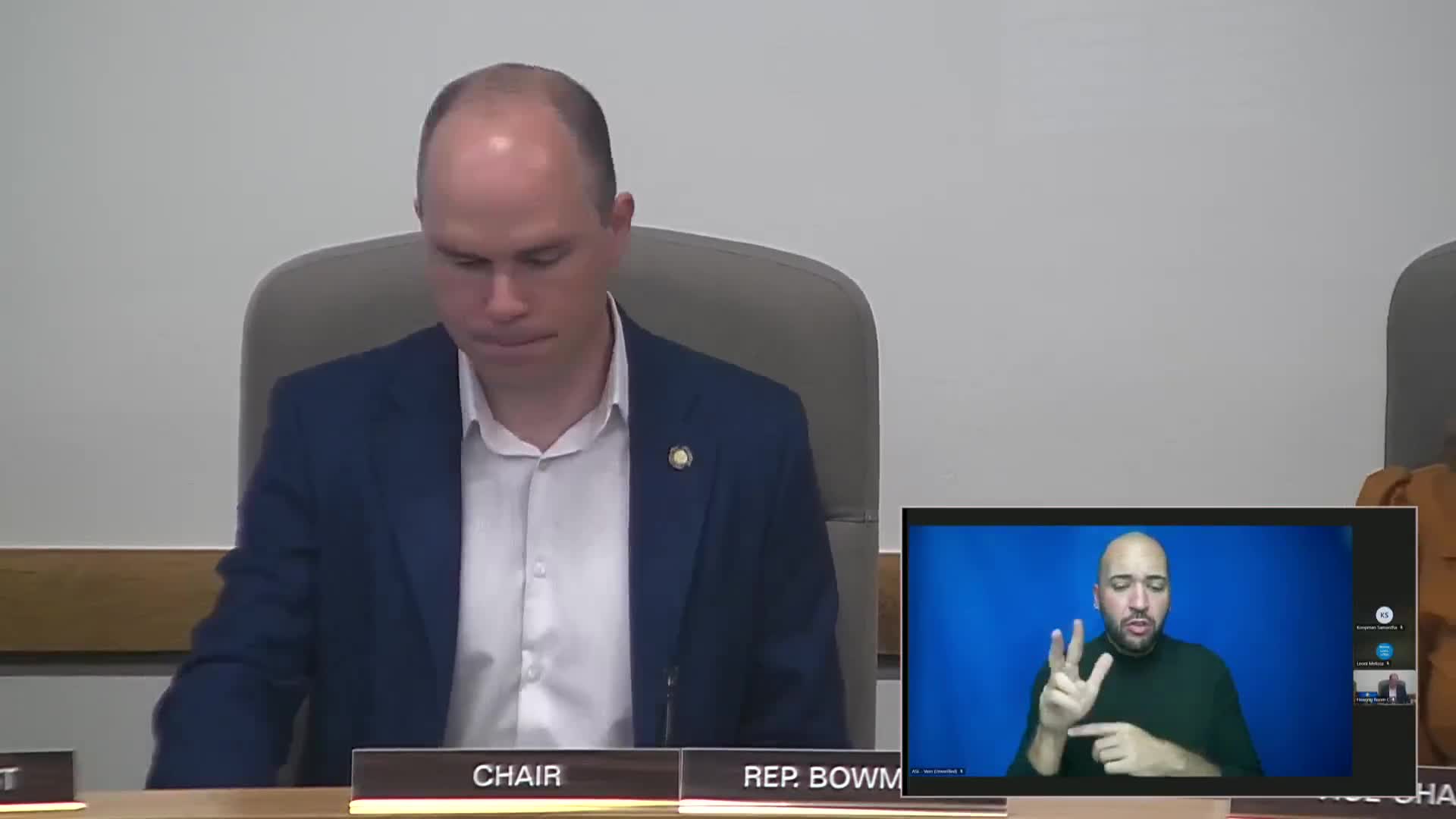
House committee advances bill directing Secretary of State to study USPS changes and impacts on vote-by-mail
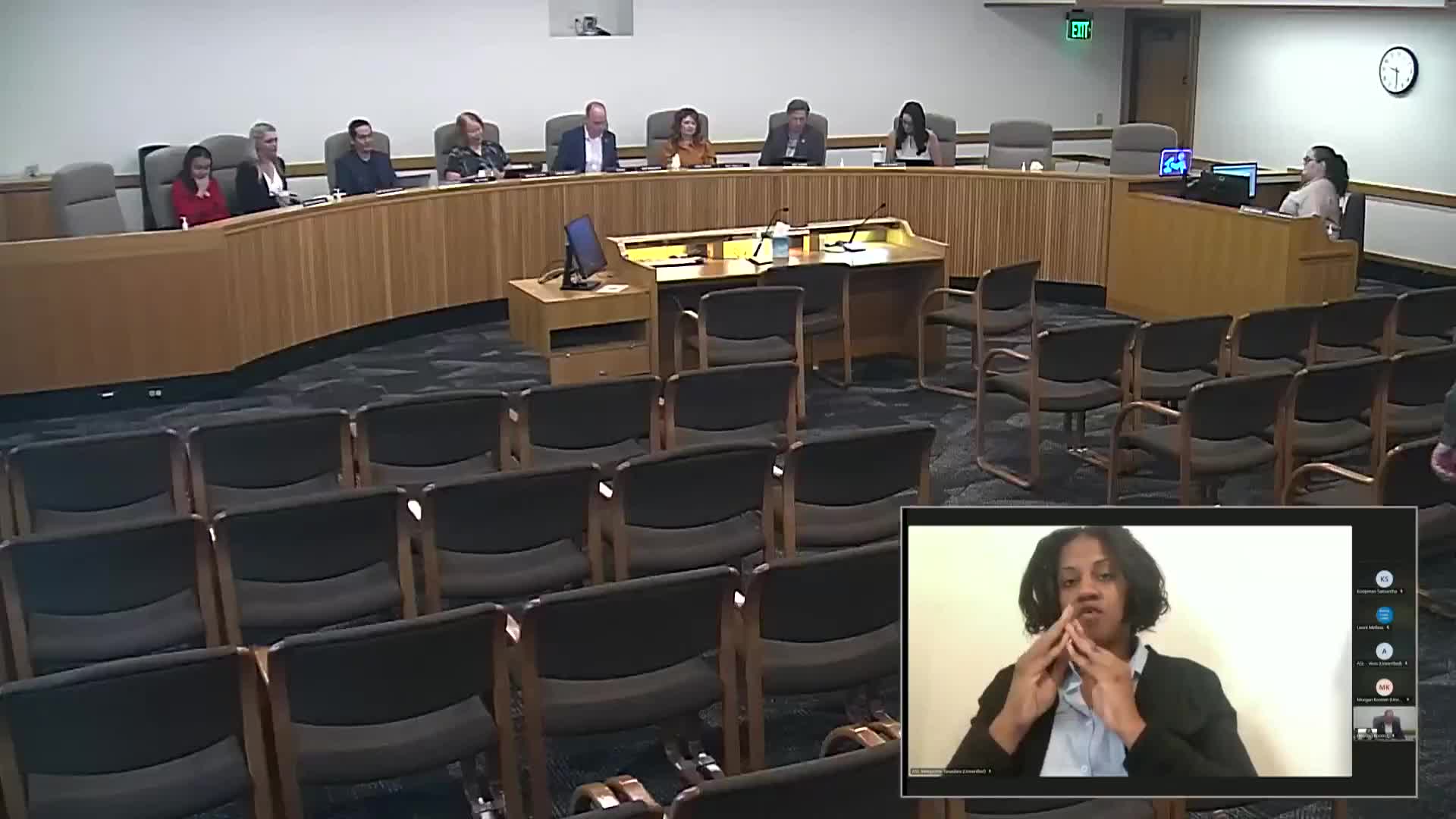
Committee recommends Purple Up Day resolution to recognize military-connected children
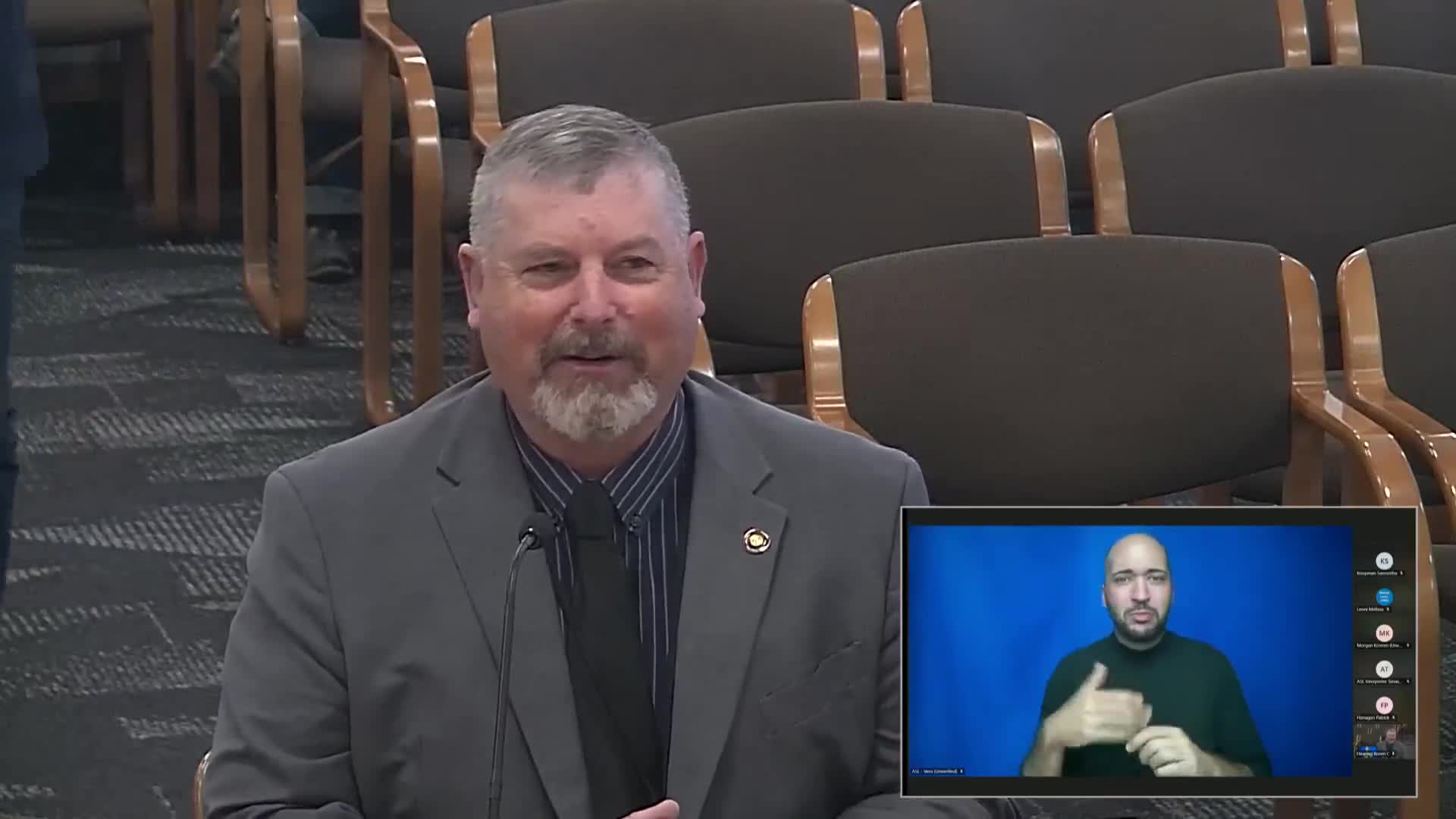
Committee approves resolution naming the T-bone as Oregon’s official state steak
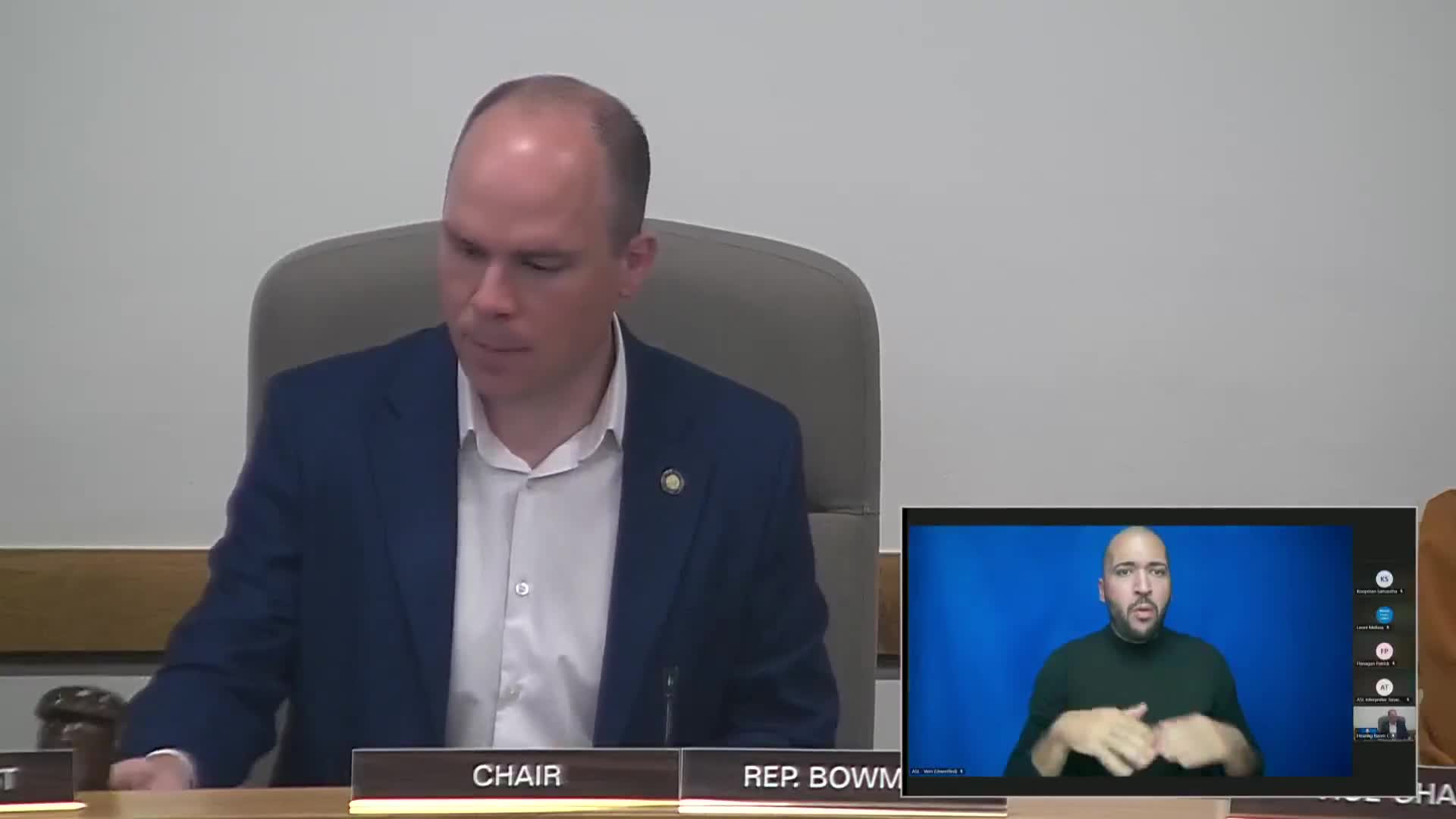
Committee hears broad support for designating Nov. 14 as Ruby Bridges Walk to School Day
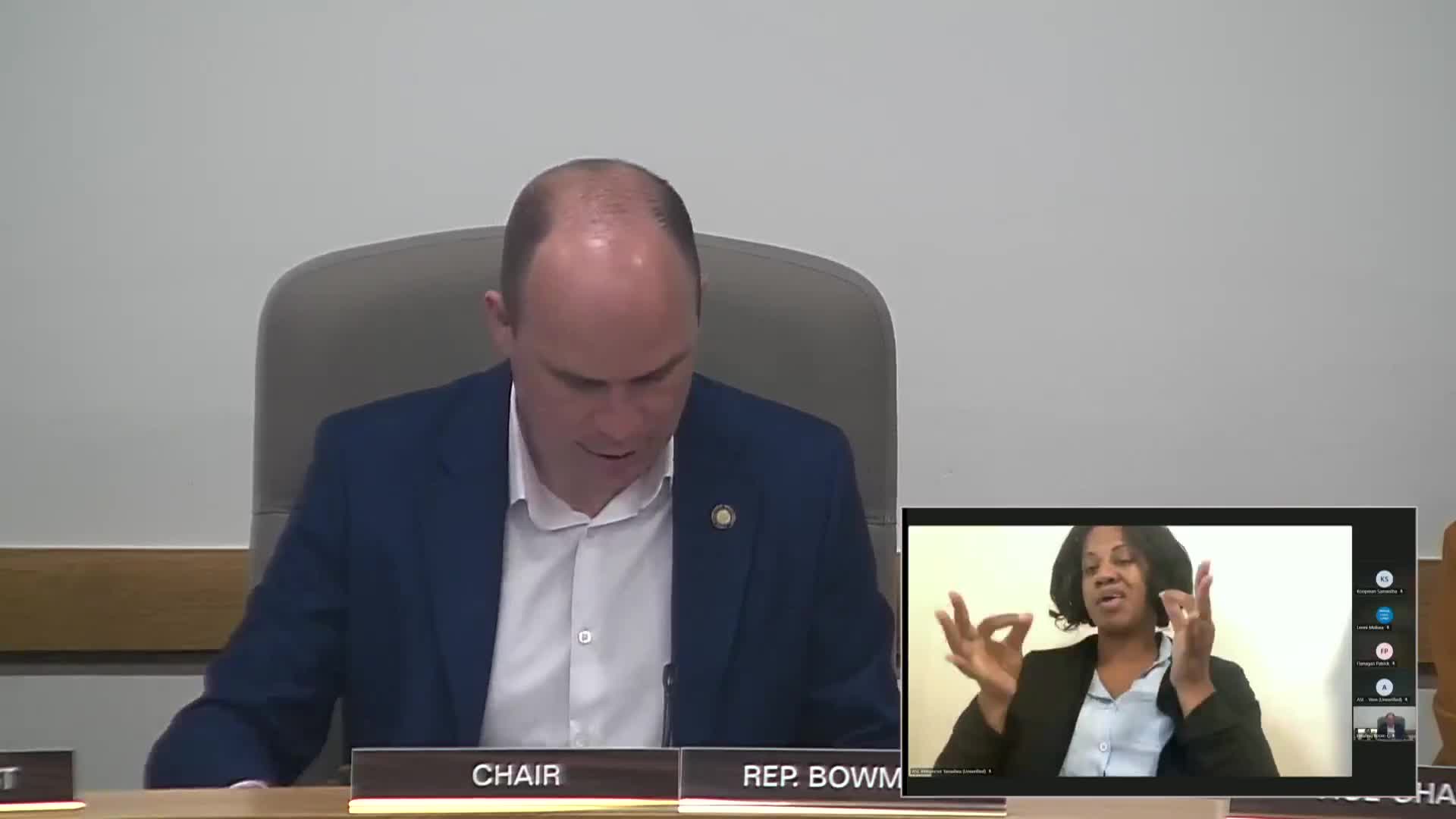
Committee hears supporters on bill to designate February as Oregon Truffle Month
